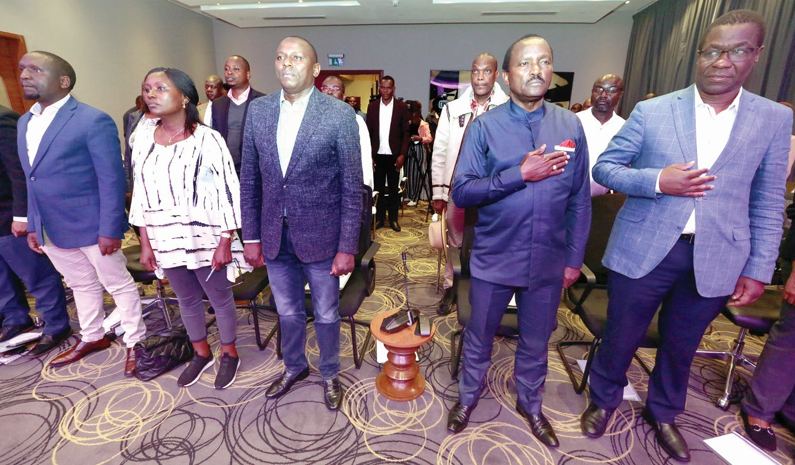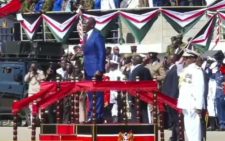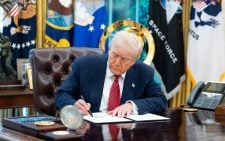Cross-aisle political alliances could fuel voter apathy

Difficult as it may be for them, it is important for political parties and politicians to get used to the idea of respecting the will of voters once an election is held and winners are announced. The all-too-common trend of parties on opposite sides of ideological divides deciding on a whim that they can form a government of national unity, or any mongrel of similar characteristics at any point in time ought to not only be frowned upon but sanctioned.
Ever since parties learned that they could form mergers and other loose coalitions for purposes of moving from Opposition benches and into government, Kenya has lost political direction, with leaders holding diametrically different ideas often finding themselves at the big table solely for purposes of amassing wealth at public expense.
There is a reason voters go to the polls, and it is fairly simple and self-evident: to elect a government that they think closely aligns with their aspirations at that point in time. True, it is in the nature of politicians and political parties to over-promise during campaigns and under-deliver once they assume power. The moment leaders “put Bibles down” after being sworn in, they are more likely than not to make a U-turn on the lofty promises they made on the campaign trail.
Kenyan politicians are no different from one-time US president George H.W. Bush, who once said: “There will be no new taxes, read my lips.” Too often, however, gullible voters take such statements at face value, much to their chagrin and heartache once they elect such leaders. The result, as we have seen in recent weeks, is mass unrest, especially among the youth, who are feeling the pinch of having to pay taxes on earnings from digital gigs that were, until recently, outside the tax bracket.
Rather than address the substantive issue, politicians, as a tribe, are more likely to close ranks and push back as a pack, which is what is happening with the talk about what President William Ruto, speaking in Elgeyo Marakwet recently, described as a move to form “a broad-based government”.
For all intents and purposes, this will be nothing more than a vehicle meant to bring all major political parties into government. This move will fly right in the face of the National Dialogue Committee’s recommendation that the government must respect the autonomy of parties and allow those in the minority to keep playing their oversight role over those in the majority.
Creating a government made from a hodgepodge of parties of all shades and persuasions is part of the morass that keeps afflicting Kenyan politics. It makes nonsense of the principle and practice of making electoral choices at the ballot box because it allows parties and politicians without the people’s mandate to enter government through the rear door.
In part, this is why every subsequent election attracts dwindling numbers of voters. In the 2022 cycle alone, eight million voters abstained, probably because they knew that irrespective of who won, all would end up in government. That is the direction we are heading in the coming days.
Democracy entails making hard choices. One is requiring an unpopular government to carry its own cross for the duration of its term so that leaders can redeem themselves. Voters can also learn from their mistakes and make better choices at the next election.
In Kenya, politicians are loyal to only one idea, being in government. It does not matter if they are elected or not, as long as they can get one leg in. It does not matter if voters have sent them to the minority benches; they still itch to cross the floor for personal gain. Hardly is there to be found a politician who is committed to a principle, say social justice, or egalitarianism or any other ism for that matter.
Anyway, if politicians are determined to be in government by hook or crook, they should do the honourable thing and merge their political outfits before elections and save voters the trouble of having to queue outside classrooms that are falling apart for want of repairs.
— The writer is the Editor-in-Chief of The Nairobi Law Monthly and Nairobi Business Monthly-








